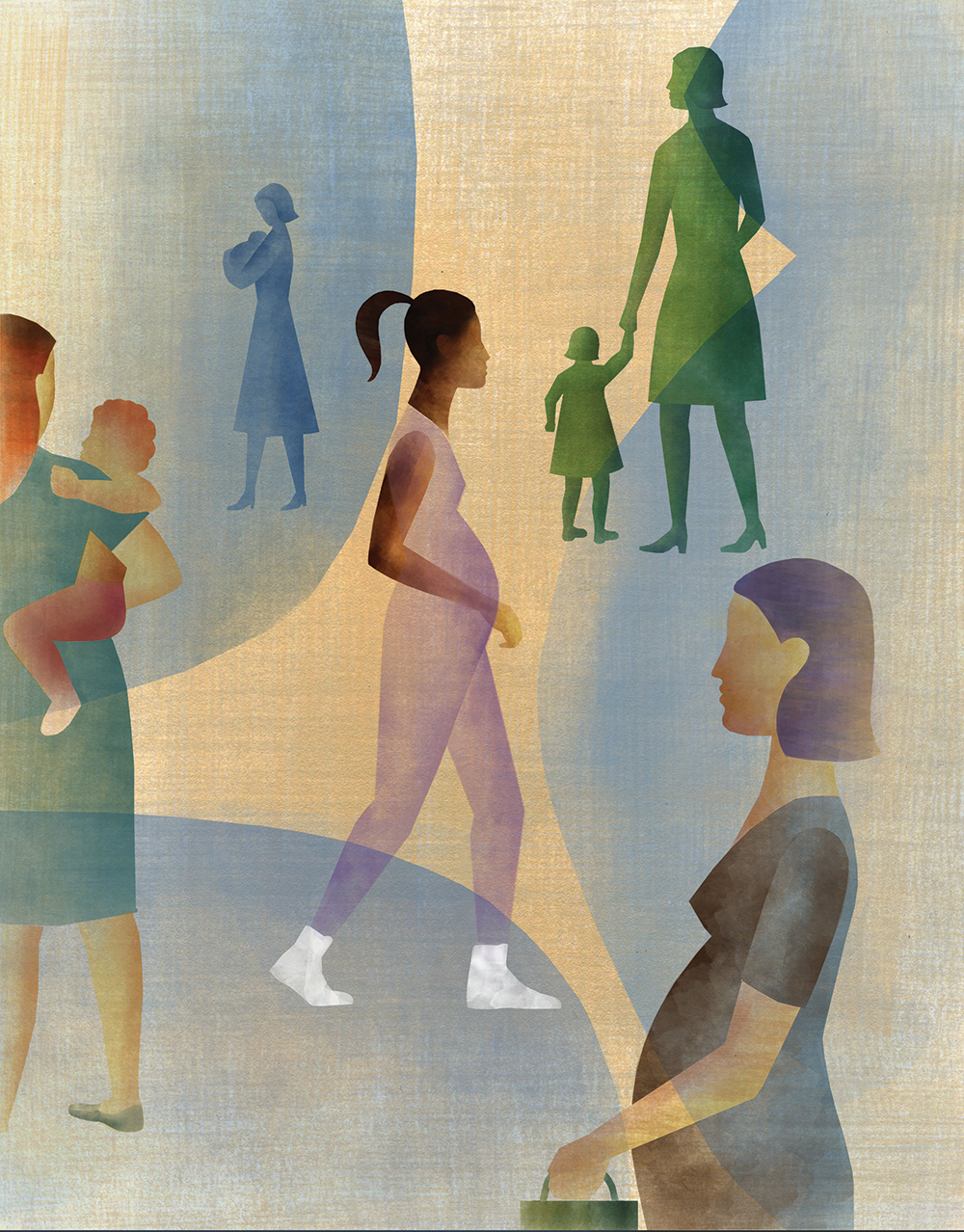Maternal Vaccines
When a woman is expecting, she has a lot of to-dos—take prenatal vitamins, avoid alcohol and hot tubs, eat well.

Researchers at Rollins School of Public Health want to add another—get vaccinated.
Specifically, pregnant women are encouraged to get vaccines for influenza and Tdap, which includes tetanus, diphtheria and pertussis (whooping cough), with pertussis being the main concern. That’s because children’s immune systems are not mature enough to mount an immune response until they are at least six months old.
By that age, some babies will be lost to a disease that is preventable. During the past five years, an average of 12 babies ages five months and younger died each year of influenza, according to the CDC. During the same period, an average of nine children under one year died of pertussis each year.
Saad Omer, the Foege Chair in Global Health at Emory, found that vaccines given to the mother during pregnancy protect infants during this vulnerable time. Also, infants born to women vaccinated during pregnancy were less likely to be premature.
The immunizations are safe for mother and child since neither are live vaccines. They cannot cause even a mild case of the disease, contrary to popular myth. Yet, despite the safety of vaccines and the risks associated with foregoing them, less than half of pregnant women in the U.S. get a flu or Tdap vaccine during pregnancy.
“Not vaccinating against the flu or pertussis during pregnancy is not a benign decision,” says Omer. “You can increase the risk to your baby and, in the case of flu, to yourself.”




